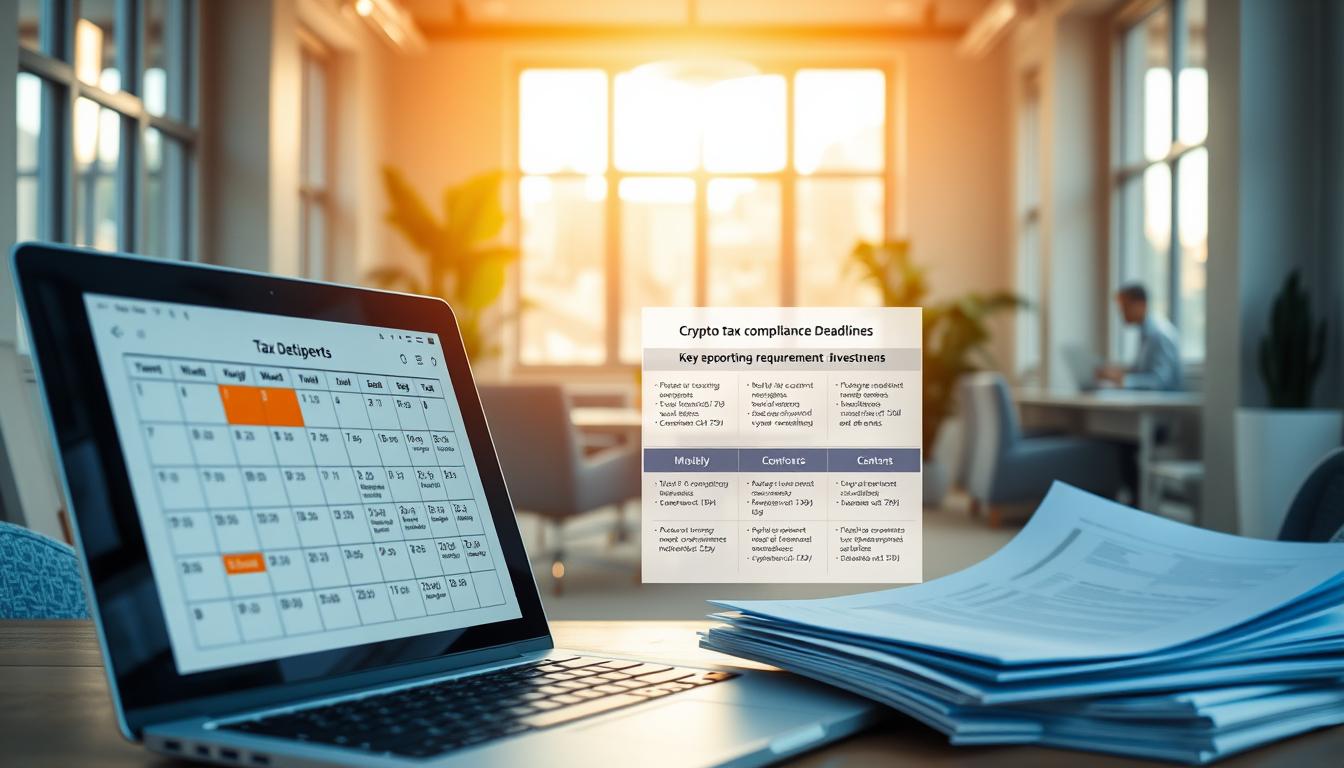The world of cryptocurrency is vast and complex, with numerous digital assets vying for attention. At the forefront of this landscape are Altcoins vs. Bitcoin comparisons, as investors and enthusiasts
Hot Posts51- Page
Crypto tax reporting is now crucial for self-employed folks as digital assets become more popular. Freelancers and independent contractors dealing with cryptocurrency face special hurdles. Old tax methods can’t handle
In the rapidly evolving world of cryptocurrency, navigating the complex landscape of digital assets can be daunting for newcomers. However, a pioneering platform called Ronin is paving the way for
The cryptocurrency market is getting more complex. This makes it hard for traders to make good choices. In 2025, using AI tools for crypto trading is more important than ever.
Crypto tax reporting deadlines are very important for U.S. taxpayers who own digital assets like Bitcoin, Ethereum, or NFTs. The IRS needs you to report all your crypto transactions by
Brands are shifting reward systems from anonymous points into unique, on-chain assets that prove ownership and add real scarcity. This short guide lays out a clear path for U.S. businesses
The digital collectibles market continues evolving as creators and investors explore blockchain-based assets. Platforms like APENFT, currently valued at €0.0000003853, demonstrate how technology reshapes creative economies by enabling artists to
Digital collectibles have transformed how creators and collectors interact online. At the core of this shift are groups built around shared interests, where members exchange ideas, trade assets, and shape
Blockchain technology has transformed how we exchange value, but moving assets between networks remains a major hurdle. Enter interoperability protocols—tools designed to bridge isolated ecosystems. One solution stands out for
Crypto tax calculators are now key for investors dealing with digital asset taxes. As more people invest in cryptocurrencies, the IRS pays closer attention to these transactions. This guide shows















